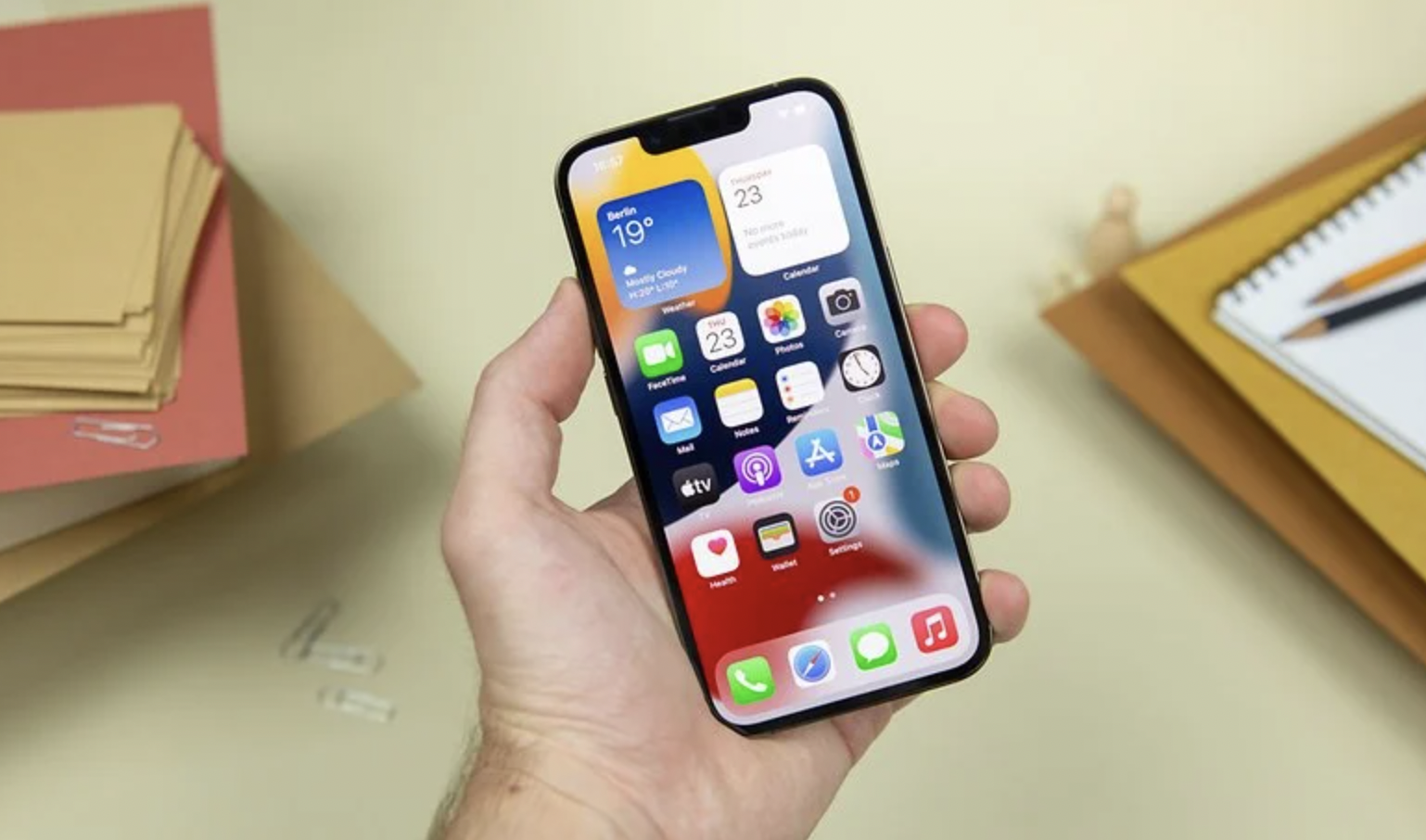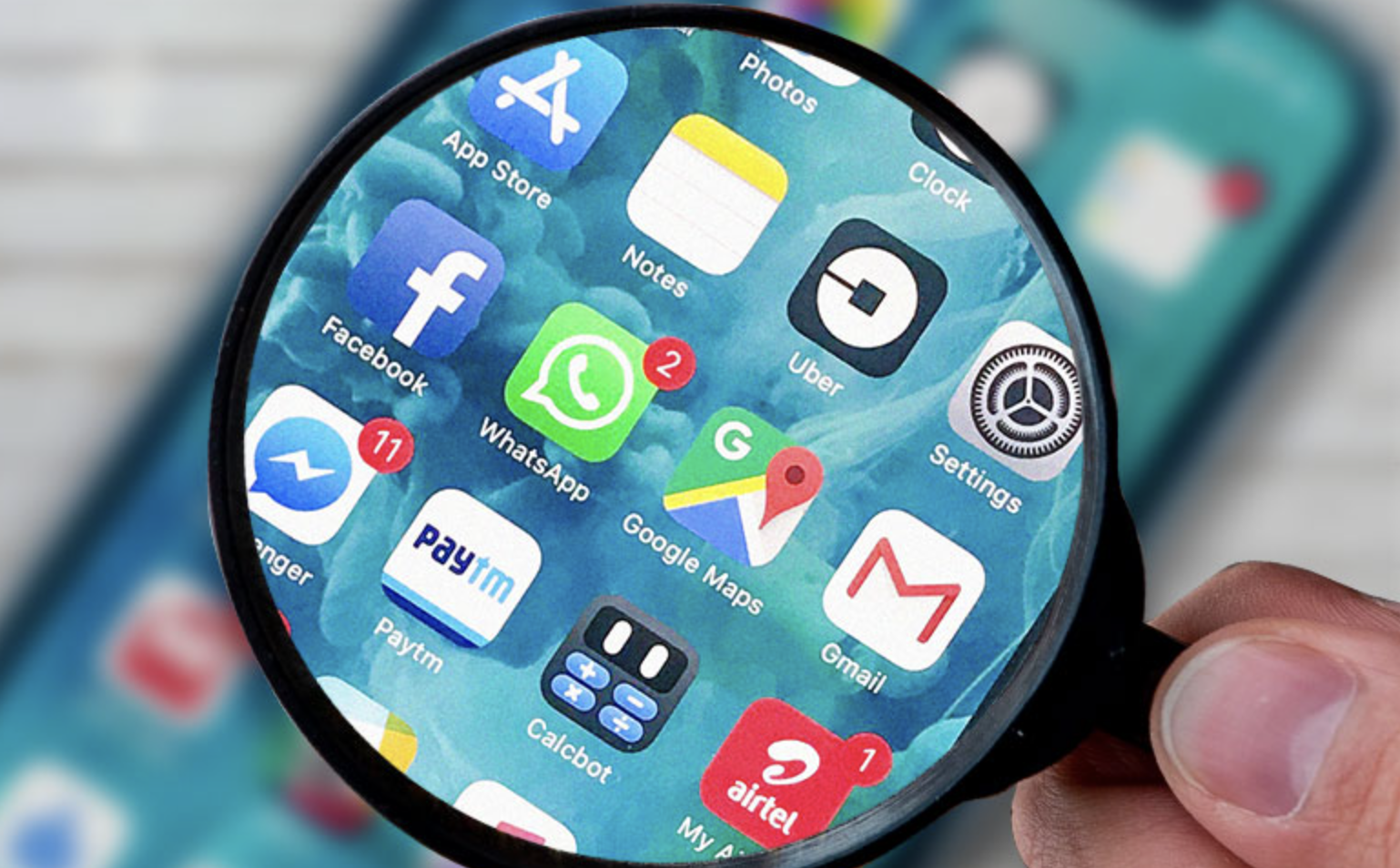Knock knock Who’s there? It’s the future of wearing Nike sneakers that tighten while processing data and whispering sweet shopping tips in your ear. And it’s not just about the kicks. Whether it’s gadgets or clothes, from wristwatches to underwear (yes, you heard that right), artificial intelligence is poised to fundamentally change it all in the coming months. And where to start a discussion on this topic? What specific implementations can we expect?
You’ve come to the right place to get answers. In the first part of this two-part series, we’ll explore the wild and not-so-secret world of super apps.

We reveal the super app
First things first: what exactly is a super app? For a quick answer, imagine Superman and his various powers. Super strength, super eyesight, super hearing, super speed… OK, this is getting too repetitive, so I’ll stop. The idea is that super apps are intended to be an end-to-end solution for multiple services on one centralized platform – usually a mobile platform like your phone. They are powerful beasts of the digital world that go far beyond performing everyday tasks.
Take WeChat for example. It started as a messaging app, unlike WhatsApp. However, over time, it expanded into e-commerce, short video platforms, and more. Takeaway apps like Waimai or Meituan from China, and Southeast Asia’s everything-everything apps GoJek and Grab have received similar integration, allowing users to book rides, order food and order food without having to leave the app. Provides access to order, pay, shop online. and a lot more. The key is consolidation – combining a wide range of functions under one roof.
This convenience and wide range of services make the super app “super”. It is intended to be a digital Swiss army knife where the solution to every problem is at your fingertips. Instead of switching between dozens of apps, Super Apps lets you hail a taxi, shop for groceries, video chat with friends, pay bills, and everything you need in one seamless experience. What gives super apps the intelligence they need to perform these tasks? Ability to share personalized recommendations and features?
If you guessed artificial intelligence, you’ve probably already visited this high-tech corner of Hollywood.com. Modern AI is the secret that makes super apps relevant, intuitive and intelligent. It is a technology that learns from users, adapts to their preferences and provides an ecosystem of personalized experiences. Like the devoted butler in old British movies, he’s always one step ahead of your needs. But the butler is still only human. Sometimes he takes a break. He must leave his post and sleep. Sometimes he may even take a vacation. There are no super apps. They are always on. And the way these apps understand you better than your peers is the data you generously provide every time you tap, swipe, or type. Using clever algorithms and predictive models, they learn about your deepest wants, desires and needs. Terrifying? Maybe qualified? absolutely
AI training model: It’s all in the brand. And you.
Hey, it’s like a pet. You train it, you guide it, and eventually it starts to adopt your habits. But nowadays, you can even train these models to learn the customs of the brands you love. Let’s assume you are an Apple fan. Currently, Apple spends millions of dollars every day developing and training artificial intelligence models that understand what their tech enthusiasts like and deliver personalized, low-cost product recommendations and issues via chatbots. All this is designed especially for you. You could argue that it ultimately benefits or harms us collectively, but market research tells us it works. The power of AI learning models transforms everyday users into loyal brand evangelists.
Emerging technology: The lines are blurring
While AI super-apps combined or embedded with augmented reality (AR) will soon change the way we shop, blockchain will transform our online shopping transactions. In a typical scenario, you might decide to buy the perfect pair of jeans or shoes after trying them on in a virtual dressing room, and then pay for them with cryptocurrency – all from a super app installed on your smartphone or smart glasses. and it’s all very private and secure. Technology blurs the lines between physical and digital.
Speaking of clothing, how about the new Nike Adapt BB balls, which the company says have an “advanced lacing system, an application that adjusts the shape of the foot in real time.” And add “continuously updated firmware”? But this is just for starters and is meant to be a joke. Athletic shoe manufacturers are able to use AI brand optimization to track your daily jog, optimize your runs, and maybe even suggest when it’s time for a new pair. A company called Posture AI sells smart T-shirts for men and women that work with a proprietary phone app along with posture-correcting sensors that monitor good and bad posture throughout the day, alert and analyze, which provides light vibrations. and warning function to remind. The user must sit upright.” According to newly published results from researchers at the Schmidt Heart Institute at Cedars-Sinai, artificial intelligence-powered sensors “can detect abnormal heart rhythms in people who are not yet showing symptoms.” Even healthcare workers can do this. they take their patients’ shirts off and don’t do it. Putting on a jacket takes a long time. This will alert them to life-threatening abnormalities before the situation becomes serious.
Friends, here are some examples of the positivity that artificial intelligence can bring to us. Technology-infused AI clothing is the next logical step in clothing design and a testament to the ingenuity of the human spirit.
AI data-driven advertising: word-of-mouth guidance
As we have established, advertising is no longer just advertising. Integrated with our artificial intelligence tools, it becomes a personal shopper who knows your tastes, features and even your secret cravings. And all those bits of data you put into your smart apps? They have been checked, tested, digested and turned into personalized recommendations designed to satisfy your shopping tastes. But it’s not the flashy billboard that catches your attention. This is not a sales pitch that can be played on radio or television for double the number of programs aired alongside them. It’s delicate, subtle, tinnitus, jitters in the app Super, personalized recommendation from the AI assistant.
But what about my privacy? You’re surprised. It makes sense. With so much data leaving a trail of digital crumbs of personal likes and dislikes, there will undoubtedly be concerns about whether our information will be kept safe and out of the public eye.

One such company that claims to be a leader in this regard is Apple. In an announcement last summer that took the tech world by storm, it assured users that it had started working on better privacy and data protection features across its product range. This was not the reason for Meta-Facebook to promote kazoos, confetti and poppers, as it made it difficult for them and FB advertisers to track users’ purchasing habits. If Apple’s privacy model lives up to its bold corporate announcements and other tech makers follow, it could be a game-changer. Your data may no longer be a book that anyone can read, but it can still enable companies to share it through AI agents.
How does it actually work?
Try to see your super app as a fortress and your AI assistant as a vigilant guardian. Data never has to leave your device. Instead, the AI agent processes it internally and uses it to better serve you. Brands don’t look at your life, they rely on their AI agents to make informed decisions based on your data. It’s like that loyal butler we mentioned who respects and protects your privacy. Thanks to it, your privacy is protected and you receive personalized service.
This is a victory In this version of the AI-powered future, privacy is not a rare gem. This is a given. Your data stays on your device, brands stay off it, and you get the personalized service you need without having to worry about your data.
Wait, you say, still doubting. If my AI-powered wristwatch becomes my best friend, my shoes become my perfect jogging partner, and Super App becomes the best personal assistant that will keep all my personal data safe, let them join the navigation path. How to transfer below. And connect to each other without data?
That, my friends, is the question for part two of this series as we take a sharp turn into the field of artificial general intelligence, or AGI.
Be sure to put on your explorer’s belt and take a reliable compass (digital or analog) with you, because the wild things we’re talking about are only going to get wilder.
